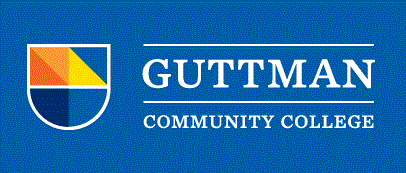
Publications and Research
Document Type
Article
Publication Date
Fall 12-19-2018
Abstract
A holistic definition of ‘health’ remains difficult to operationalize, despite decades of attempts by medical anthropologists and the World Health Organization to do so. Anthropologists routinely reject dichotomous notions – belief vs. knowledge, wellness vs. health, mental vs. physical, environment vs. self – yet demands for physiological evidence of ‘health’ persist. In this article, I ask what evidence would sufficiently demonstrate health, and explore the possibility of measures that move beyond the physiological. Using ethnographic data collected in indigenous Maya communities in Belize and in immigrant communities in New York City, I argue that ecological heritage practices can provide a lens through which to locate and collect evidence of health, holistically defined. Developing a framework of ‘embodied ecological heritage’ (EEH), I discuss how communities and individuals communicate and measure health as part of everyday ecological activities, which they describe as ‘traditional’ or ‘heritage’ practices. Theorizing unexpected links and feedback loops, which cross temporal, spatial, and social boundaries, I assert that health is connected to practice through tangible, embodied experience and that ethnography thus provides powerful evidence to understand and define it.


Comments
This article was originally published in Medicine Anthropology Theory, available at https://doi.org/10.17157/mat.5.5.461.
This work is distributed under a Creative Commons Attribution 4.0 International License.